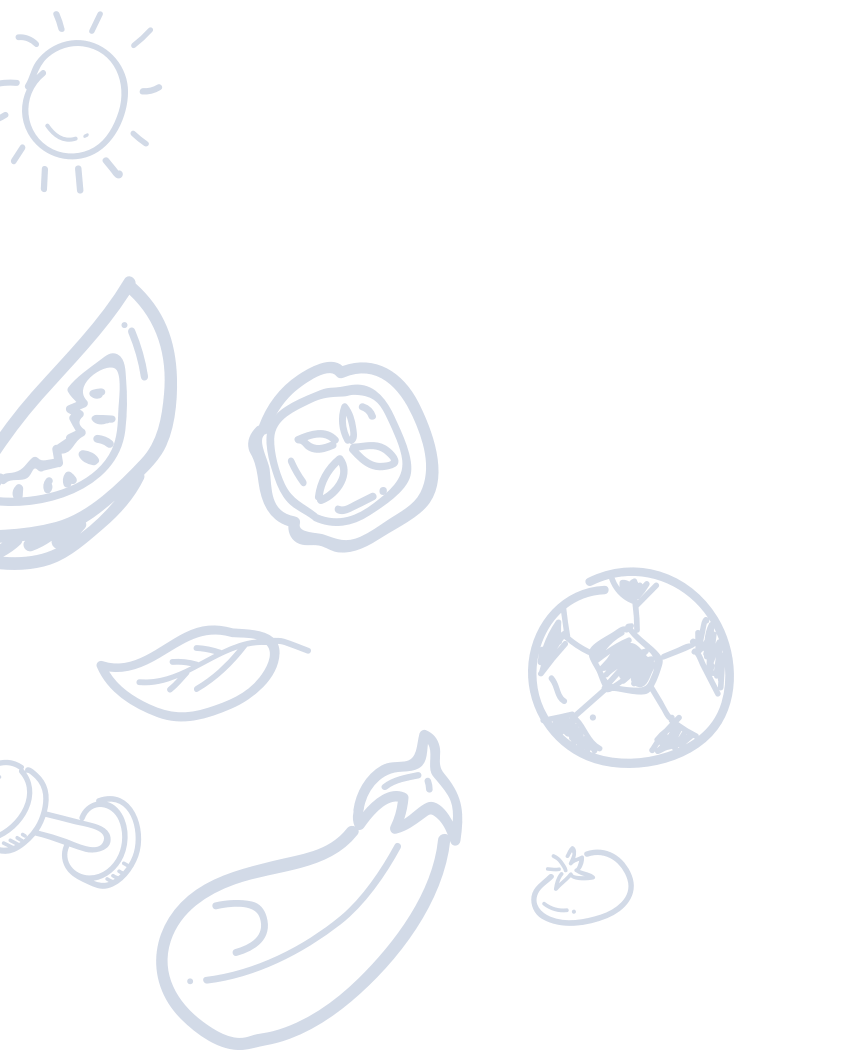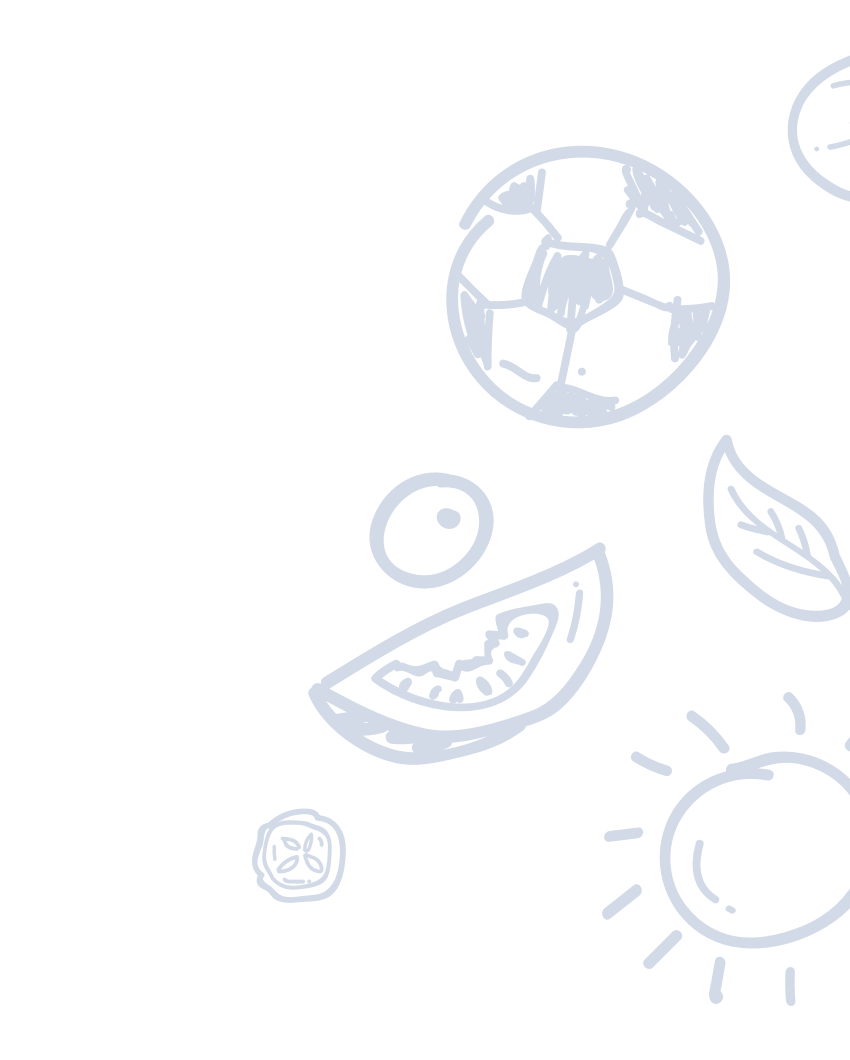Our accelerated lifestyle can sometimes make us forget to take care of ourselves. Living a healthy and happy life is all about balance, and we can only enjoy that balanced lifestyle if we pause and reflect on how we are feeling throughout the day. Learning to listen to your body is key to achieving a healthy lifestyle when it comes to nutrition, physical activity, and mental health.
It can be so easy to get caught up in our busy day-to-day lives that we tend to ignore our body’s natural signals. These cues tell us when we’re hungry, full, tired, overstimulated, or energetic. When our to-do list starts to pile up, we hit the mute button instead of responding to our body’s needs. By listening more carefully to our bodies and then following through with a healthy response, we can each take care of our health a little better every day.
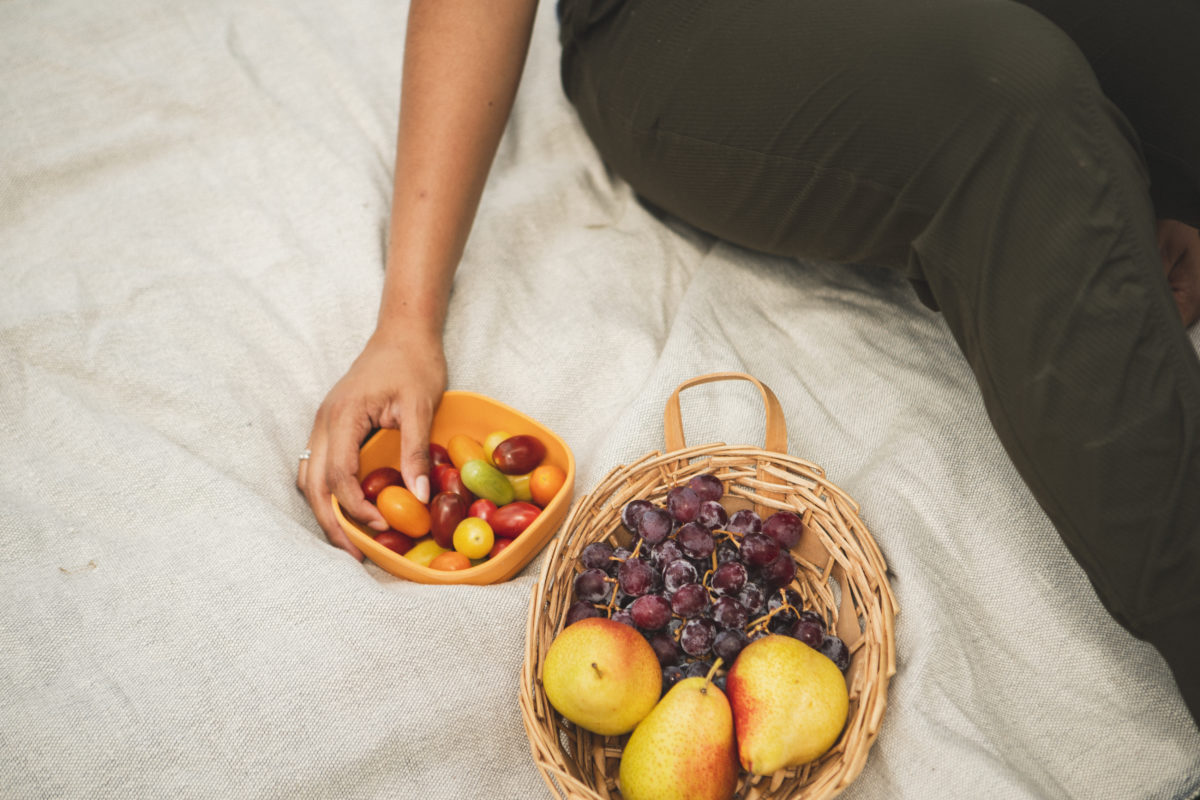
Your body’s needs may be different from those of your family, friends, and people on social media. It may also be different from what many diets will tell you to do. It takes time and attention to tune in to you own needs and find a balance of diet, fitness, and mindfulness that works for you.
We can’t force ourselves to fit into a trendy diet or start following a strict nutrition program because there is no “one-size-fits-all” plan for personal health. Everybody – literally every body – is different. Your body’s needs are completely unique to you, so only you ultimately take control and decide what’s best for you.
Instead of blindly following the latest diet trends, learn to listen what your body and mind needs – but what exactly does it mean to listen to your body?
How to Listen to Your Body
Our diet is the most important part of our personal health. Our brains send us all sorts of signals to let us know how well we’re attending to your nutritional needs, so this is a great place to start listening to your body.
Every time you eat, start paying attention to things like
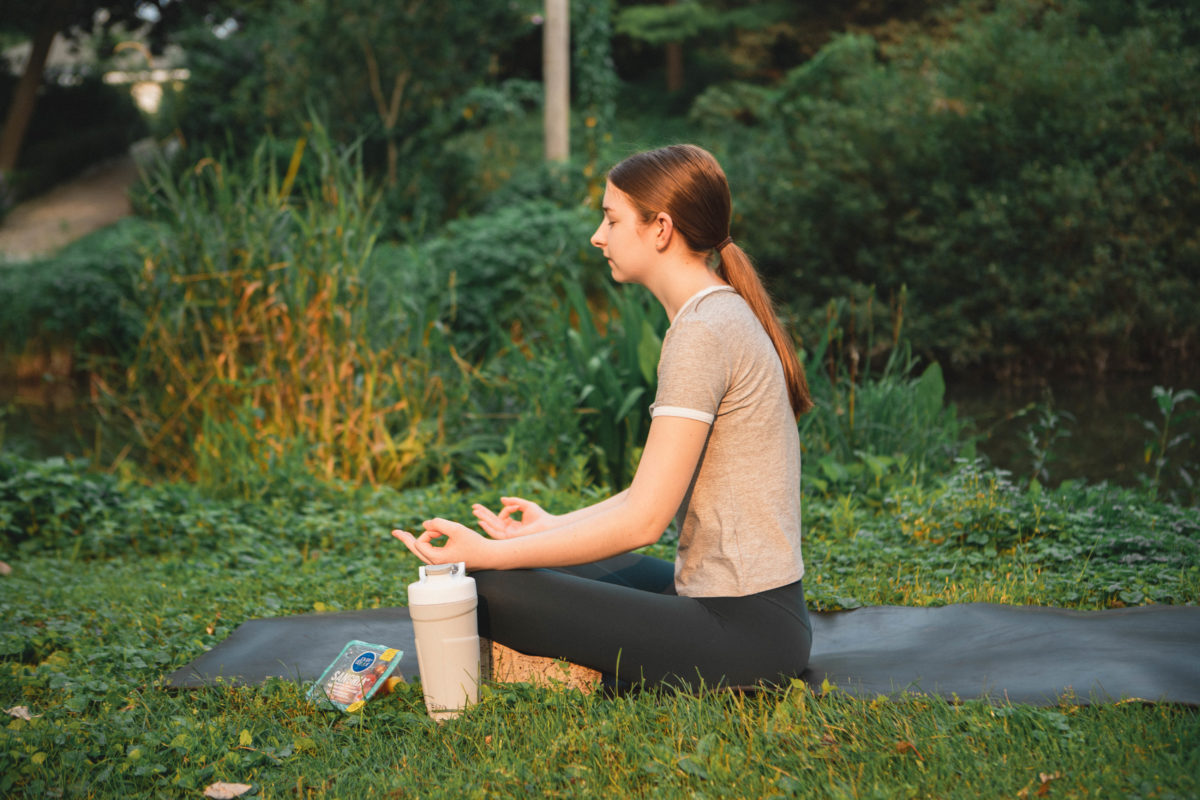
- How do I know when I’m hungry?
- How do I know when I’m full? Did I stop eating when I felt full?
- How do my energy levels change after eating? What about an hour after eating?
- How long does it take me to feel hungry again after eating a balanced meal or snack?
By answering these questions every time you eat, you will make a habit of listening to your body’s natural hunger cues. If you feel bloated, with low energy and very hungry after two hours of eating certain foods, that means your body is not reacting well and you might need to replace or find other substitutes that will make you feel good.
You’ll soon discover that the more you include healthy veggies full of vitamins, fiber, and natural sweetness, you’ll feel better in general and will feel full for longer. It helps to always keep healthy snacking options nearby. Those cravings we all feel from time to time for high-calorie and high-sugar processed foods might start to become less frequent. By being more mindful about your diet, you can make significant improvements to your health!
Listening to your body is an important part of having a healthy mindset when it comes to nutrition, but it is as important to find that connection when it comes to exercise as well. The same principle applies to physical activity.
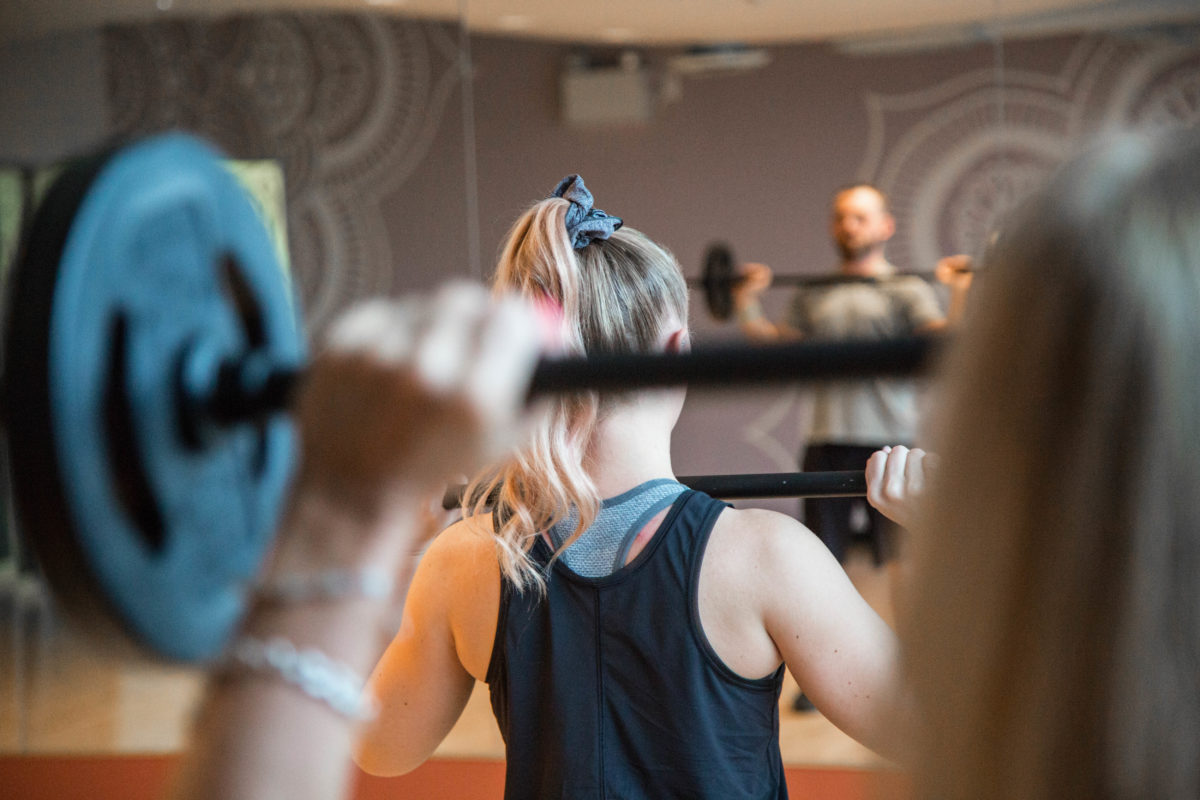
Consider what you really enjoy doing – what type of exercise is the one you can keep doing and it feels good! Sometimes, pushing yourself or high intensity workouts will get you to where you want to be, other times your body might simply need to practice a lower intensity activity like walk outside or time to recover and rest.
Listen to your body after each training session. Your body will release all sorts of natural chemicals – signals to your brain – during and after a workout. These endorphins like dopamine and serotonin can help improve our mood and make us feel good, even after a really hard work out! Choosing an activity that makes you feel better will motivate you to continue working out!
You’ll feel healthier and happier when you give your body the nutrition and exercise and rest that it deserves! By making small changes, you can improve your overall health and wellbeing a little bit every day.

